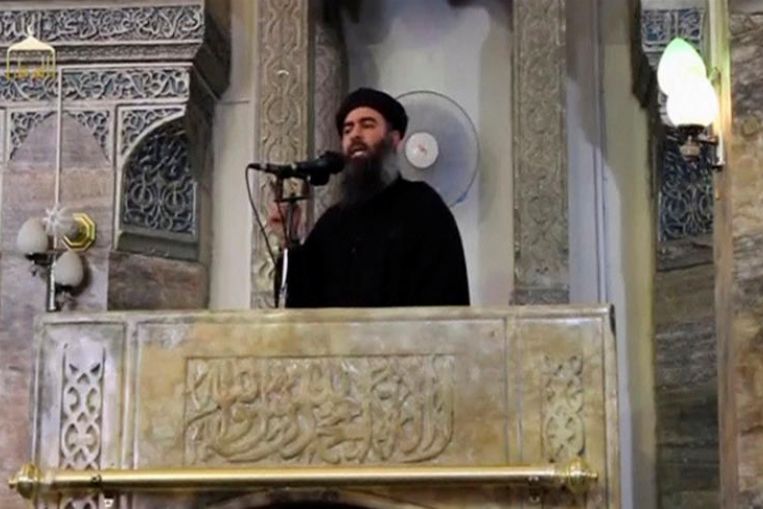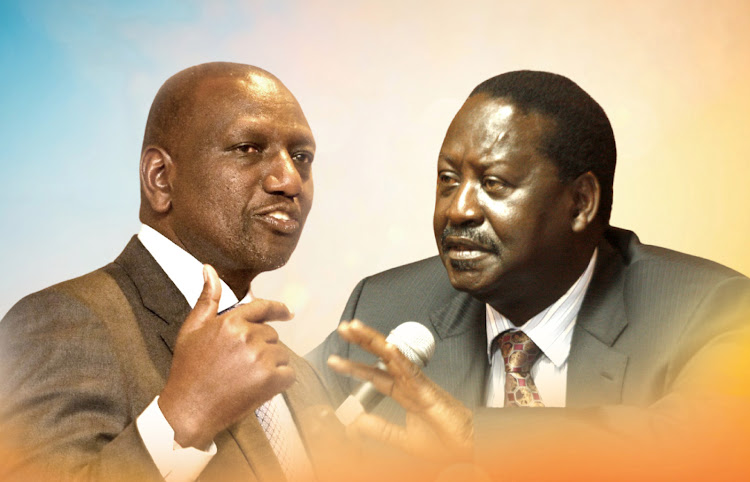POTUS Trump said on Sunday that the US military had succeeded in hunting down the elusive Daesh leader, whose death has incidentally been reported multiple times since the manhunt for him kicked off in 2014. Although the announcement has been hailed by the international community, including Iraq and Turkey, it has been questioned by Russia.
Commenting on the reports that the US managed to kill Abu Bakr al-Baghdadi, the leader of the Daesh (ISIL) Takfiri terrorist group, Iranian government spokesman Ali Rabiei said that “just as al-Qaeda founder Bin Laden’s death did not eradicate the roots of terror, the death of elusive Daesh leader Abu Bakr al-Baghdadi would not put an end to ‘Daeshism’”.
“Iran, with its World Against Violence and Extremism plan, is at the forefront of combating Daesh and promoting a diplomatic, strategic and ideological approach against Daeshism”, Ali Rabiei, noted lashing out at “the US support for despotism” as one of the root causes of the current situation in the region: “Terrorism in the Middle East and northern Africa stems from military policies, oil money, and the US support for despotism”, he commented.
“The Daeshism foundation will not be destroyed by bombs and missiles as long as regional petrodollars and Takfiri ideology exist”, Rabiei said, adding that the latter must be eradicated first.
On 27 October, US President Donald Trump announced that al-Baghdadi had been shot down in Syria’s Idlib after announcing that “something very big has just happened”.
Trump said al-Baghdadi “died after running into a dead-end tunnel, whimpering and crying and screaming all the way”, noting that there were no casualties among the US forces. Trump depicted the situation, saying the ISIS leader “spent his last moments in utter fear, in total panic and dread, terrified of the American forces bearing down on him.”
Although POTUS thanked Russia, Iraq, Syria, and Turkey for lending a helping hand, the Russian Defence Ministry commented that it had no reliable data at its disposal about whether the US operation had taken place, citing no US missile attacks registered in the area on Sunday.
“… Last respects have been paid to al-Baghdadi at least five times in the past. (Also) countering terrorism is a much more difficult task than the physical destruction of its leaders, even the most irreconcilable,” Konstantin Kosachyov, chairman of upper house of the Russian parliament’s foreign affairs committee, remarked.
World Heaps Praises on ‘the Impressive Achievement’
Meanwhile, other countries lauded Trump’s announcement, with the Iraqi government stating that Iraq’s National Intelligence Service was able to effectively pinpoint the hideout of Abu Bakr Al-Baghdadi in the Syrian province of Idlib:
“Subsequently, US forces, in coordination with Iraq’s National Intelligence Service, carried out an operation which led to the elimination of the terrorist Al-Baghdadi,” the statement went on.
Turkish President Tayyip Erdogan referred to “the killing of Daesh’s ringleader” as “a turning point in our joint fight against terrorism,” stressing that his country “will continue to support anti-terror efforts — as it has done in the past.”
Prime Minister Benjamin Netanyahu also hailed the effort:
“I would like to congratulate President Trump on the impressive achievement that led to the assassination of the head of (Islamic State) al-Baghdadi. This reflects our shared determination, of the United States of America and of all free countries, to fight terror organisations and terrorist states. This achievement is an important milestone, but the campaign is still ahead of us,” he tweeted over Sunday.
The world’s most wanted and elusive terrorist first hit media headlines in 2014 when ISIS changed its name to IS and declared itself a caliphate under al-Baghdadi’s leadership. He has since then attracted enhanced scrutiny following multiple reports of his alleged seizure and/or death, although the latter has never been confirmed.
*Daesh, also known as ISIS or ISIL, is a terrorist organisation outlawed in Russia.



















